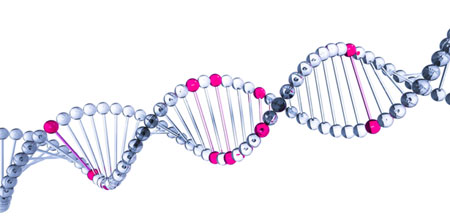No. of views : (5333)
Mutated genes lead to pancreatitis, says research
Posted on: 26/Feb/2016 9:56:54 AM

Scientists at the Centre for Cellular and Molecular Biology (CCMB) and the Asian Institute of Gastroenterology in Hyderabad have found that an association between two mutated genes called SPINK1 and PRSS1 (cationic trypsinogen) is responsible for the early onset of Tropical Calcific Pancreatitis (TCP). TCP is prevalent in India and other developing countries.
It was already known that the first mutated gene, SPINK1, was associated with TCP. However, this is the first time that the cationic trypsinogen PRSS1 has been linked with the disease. PRSS1 plays a key role in the digestion of proteins. Another mutated gene called the CLDN2 was found to modify the process of the disease and delay its onset.
The cationic trypsinogen gene activates enzymes that help in the digestion of proteins. This process happens in the intestines. In the case of a nutation, the process begins in the pancreas. In addition to this, the researchers also found that those who had both the mutated genes had the disease earlier that those who had only PRSS1.
Says one of the researchers, The mechanism of the disease was different in Indians. While the frequency of SPINK1 variation was about 30-40 per cent in Indians, it was 18-23 per cent in Europeans. The major difference between Indians and Europeans was that SPINK1 was predominantly causing the disease in Indians while PRSS1 was responsible for it among Europeans. Once an individual develops pancreatitis, it could progress into an acute form and lead to recurrent attacks. Many a time, those suffering from chronic pancreatitis develop diabetes and cancer with the disease becoming life-threatening. With the prevalence of TCP estimated to be around 114 per 100,000 in India. Further research was continuing to explore the possibility of developing a population marker.
Post your requirement - We will connect with the right vendor or service provider








